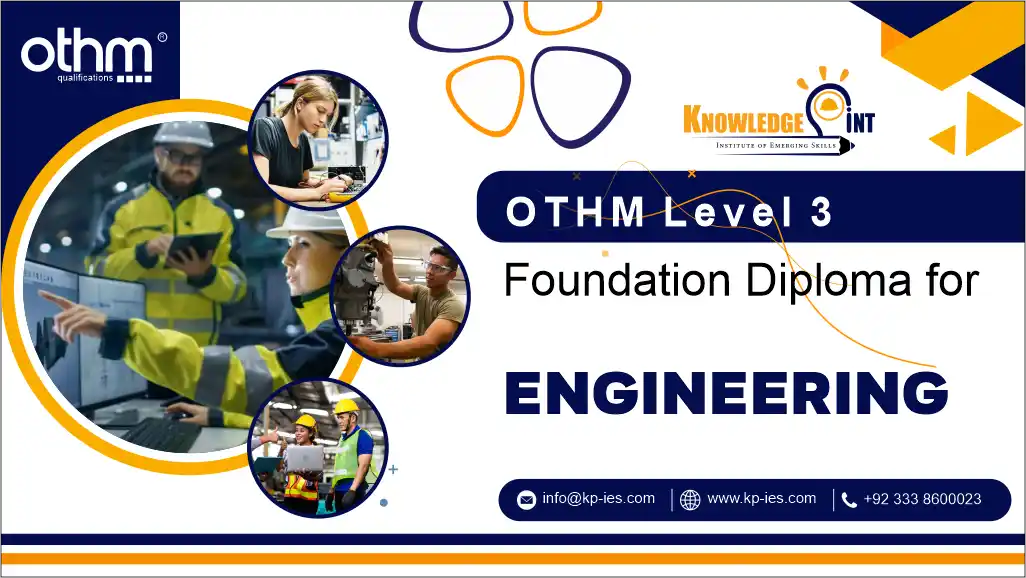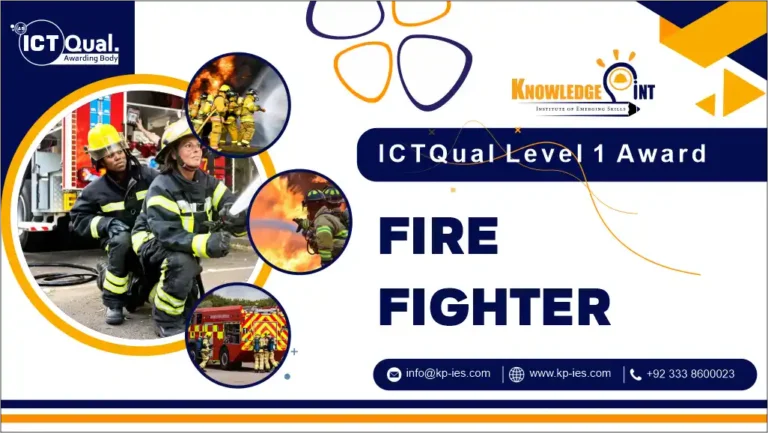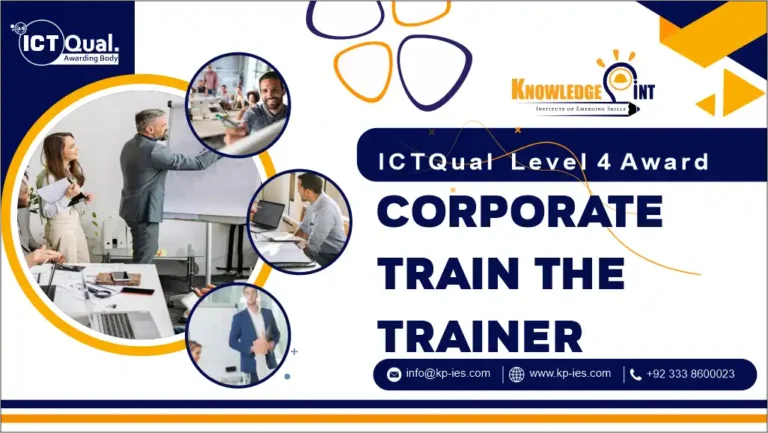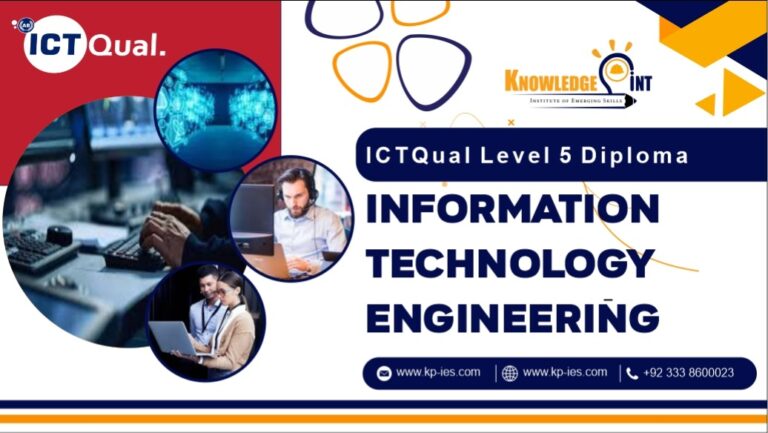The OTHM Level 3 Foundation Diploma in Engineering is an excellent starting point for individuals aspiring to pursue a career in the dynamic and ever-evolving field of engineering. This diploma provides a comprehensive introduction to the fundamental concepts and practices of engineering, laying a solid foundation for further education and career advancement.
The OTHM Level 3 Foundation Diploma in Engineering is designed to equip students with the essential knowledge and skills needed to understand and apply engineering principles. This qualification is ideal for those looking to start their journey in engineering or those seeking to formalize their skills and knowledge.
The OTHM Level 3 Foundation Diploma in Engineering is a valuable qualification for anyone looking to build a career in engineering. By providing essential knowledge and practical skills, this diploma prepares learners for the challenges and opportunities in the engineering field. Whether you are just starting out, looking to change careers, or seeking to advance your current role, this diploma offers the foundation you need to succeed. Pursue your passion for engineering and take the first step towards a rewarding and impactful career with the OTHM Level 3 Foundation Diploma in Engineering.
Course Overview
The OTHM Level 3 Foundation Diploma in Engineering consists of 6 mandatory units which are as follows.
The OTHM Level 3 Foundation Diploma in Engineering is designed to equip students with the essential skills and knowledge required for successful academic progression. Here are the key learning outcomes for each module:
Responsibilities of a Health and Social Care Worker
- Understand Roles and Responsibilities: Identify the key roles and responsibilities of health and social care workers in various settings.
- Professional Standards and Codes of Conduct: Understand and adhere to professional standards and codes of conduct specific to health and social care.
- Legal and Ethical Frameworks: Apply knowledge of legal and ethical frameworks that govern health and social care practices.
- Accountability and Responsibility: Recognize the importance of accountability and responsibility in delivering safe and effective care.
- Team Collaboration: Work effectively as part of a multidisciplinary team to provide comprehensive care.
Personal and Professional Development in Health and Social Care
- Self-Assessment and Reflection: Conduct self-assessment and reflection to identify personal strengths and areas for development.
- Goal Setting: Set realistic and achievable personal and professional development goals.
- Lifelong Learning: Understand the importance of lifelong learning and continuous professional development in health and social care.
- Professional Development Plans: Create and implement professional development plans to enhance skills and knowledge.
- Feedback Utilization: Utilize feedback from peers, supervisors, and service users to improve performance and development.
Effective Communication and Ethical Practice in Health and Social Care
- Communication Skills: Develop effective verbal and non-verbal communication skills to interact with service users, families, and colleagues.
- Listening and Empathy: Practice active listening and empathy to understand the needs and concerns of service users.
- Barriers to Communication: Identify and overcome barriers to effective communication in health and social care settings.
- Ethical Decision-Making: Apply ethical principles and decision-making processes in health and social care practices.
- Cultural Sensitivity: Demonstrate cultural sensitivity and competence when communicating with individuals from diverse backgrounds.
Health, Safety, and Wellbeing in Health and Social Care Settings
- Health and Safety Legislation: Understand and comply with health and safety legislation relevant to health and social care settings.
- Risk Assessment: Conduct risk assessments to identify and mitigate potential hazards in the workplace.
- Emergency Procedures: Implement emergency procedures and protocols to ensure the safety and wellbeing of service users and staff.
- Promoting Wellbeing: Develop strategies to promote the physical, mental, and emotional wellbeing of service users and colleagues.
- Infection Control: Apply infection control measures to prevent and manage infections in health and social care settings.
Person-Centred Approaches in Health and Social Care Settings
- Person-Centred Planning: Understand the principles of person-centred care and apply them in practice.
- Individual Needs Assessment: Conduct assessments to identify the individual needs, preferences, and goals of service users.
- Empowerment and Choice: Empower service users by promoting choice, independence, and involvement in their care decisions.
- Building Relationships: Develop and maintain positive relationships with service users, respecting their dignity and privacy.
- Tailored Care Plans: Create and implement tailored care plans that reflect the unique needs and preferences of service users.
Effective Handling of Information in Health and Social Care Settings
- Data Protection Legislation: Understand and comply with data protection legislation, including GDPR, in the handling of personal information.
- Confidentiality: Maintain the confidentiality of service user information and understand the importance of privacy.
- Accurate Record Keeping: Keep accurate, up-to-date, and complete records of service user information.
- Information Sharing: Share information appropriately and securely with colleagues and other professionals involved in the care of service users.
- Technology in Information Management: Utilize information technology effectively to manage and store service user information.
These learning outcomes ensure that students completing the OTHM Level 3 Foundation Diploma in Health and Social Care are well-prepared to meet the demands of the sector, providing high-quality care and support to individuals and communities.
4o
Course Benefits of the OTHM Level 3 Foundation Diploma in Engineering :
Engineering Principles
- Fundamental Concepts: Understand and explain the fundamental principles of engineering, including the concepts of force, energy, and power.
- Application of Physics: Apply principles of physics to solve engineering problems, such as analyzing the behavior of materials under different forces.
- Problem-Solving: Develop problem-solving skills by applying engineering principles to real-world scenarios and case studies.
- Systems Thinking: Understand and analyze engineering systems, considering the interactions between different components and their impact on overall performance.
- Practical Application: Demonstrate the ability to apply theoretical knowledge to practical engineering tasks and experiments.
Design Technology
- Design Process: Understand the stages of the design process, from concept development to final production.
- Technical Drawing: Develop skills in technical drawing and computer-aided design (CAD) to create accurate and detailed engineering designs.
- Material Selection: Evaluate and select appropriate materials for different design applications based on their properties and suitability.
- Prototype Development: Design and develop prototypes, applying design principles to create functional and testable models.
- Innovation and Creativity: Foster innovation and creativity in engineering design, exploring new ideas and approaches to solve design challenges.
Electricity
- Electrical Fundamentals: Understand the basic principles of electricity, including voltage, current, resistance, and power.
- Circuit Analysis: Analyze electrical circuits using Ohm’s Law and Kirchhoff’s laws to determine the behavior of different components.
- Electrical Components: Identify and understand the functions of various electrical components, such as resistors, capacitors, inductors, and transformers.
- Safety Practices: Apply safety practices when working with electrical systems, including proper handling of tools and equipment, and understanding of electrical hazards.
- Practical Skills: Develop practical skills in constructing and testing electrical circuits, using tools such as multimeters and oscilloscopes.
Mechanics
- Forces and Motion: Understand and apply the principles of forces and motion, including Newton’s laws of motion, to analyze mechanical systems.
- Statics and Dynamics: Differentiate between statics and dynamics, and solve problems related to equilibrium, friction, and motion.
- Material Properties: Understand the mechanical properties of materials, such as strength, elasticity, and plasticity, and their implications for engineering design.
- Structural Analysis: Analyze the behavior of structures under various loads, including tension, compression, and shear.
- Problem-Solving: Develop problem-solving skills in mechanics, applying theoretical knowledge to practical scenarios and engineering problems.
Introducing Statistics
- Statistical Concepts: Understand basic statistical concepts, including mean, median, mode, variance, and standard deviation.
- Data Collection: Learn methods for collecting and organizing data, ensuring accuracy and reliability.
- Data Analysis: Develop skills in analyzing data sets, using statistical techniques to identify patterns, trends, and relationships.
- Probability: Understand the principles of probability and its application in engineering to assess risk and make informed decisions.
- Statistical Software: Gain proficiency in using statistical software tools to analyze data and present findings.
Mathematics
- Mathematical Techniques: Understand and apply essential mathematical techniques, including algebra, trigonometry, calculus, and differential equations.
- Problem-Solving: Develop mathematical problem-solving skills, applying mathematical concepts to analyze and solve engineering problems.
- Graphical Representation: Learn to represent mathematical functions and data graphically, using tools such as graphs and charts to visualize relationships.
- Mathematical Modeling: Create mathematical models to represent and analyze real-world engineering systems and processes.
- Analytical Skills: Enhance analytical skills by applying mathematics to interpret and predict the behavior of engineering systems.
These learning outcomes ensure that students completing the OTHM Level 3 Foundation Diploma in Engineering are well-prepared to meet the demands of further studies and professional careers in the engineering field, equipped with a strong foundation in essential engineering principles and practices.
4o
The OTHM Level 3 Foundation Diploma in Engineering offers a comprehensive introduction to the field, serving as a solid foundation for further academic pursuits and career opportunities. Upon completing this diploma, students can explore various pathways for advancement, enhancing their skills and knowledge in engineering.
1. Further Education and Higher Qualifications
Level 4 and Level 5 Diplomas:
- OTHM Level 4 Diploma in Engineering: This course builds on the foundational knowledge, covering more specialized and advanced topics in engineering. It prepares students for supervisory roles and further academic progression.
- OTHM Level 5 Diploma in Engineering: Continuing from Level 4, this diploma provides in-depth study in specific engineering disciplines, equipping students with the expertise required for advanced technical roles and management positions.
Undergraduate Degrees:
- Bachelor’s Degree in Mechanical Engineering: This degree focuses on the principles of mechanics, thermodynamics, and materials science, preparing students for roles in design, analysis, and manufacturing.
- Bachelor’s Degree in Electrical Engineering: Covering areas such as circuits, electronics, and power systems, this degree prepares students for careers in designing and maintaining electrical systems.
- Bachelor’s Degree in Civil Engineering: This program emphasizes the design, construction, and maintenance of infrastructure, such as roads, bridges, and buildings.
- Bachelor’s Degree in Aerospace Engineering: Focused on the design and development of aircraft and spacecraft, this degree is ideal for those interested in the aviation and space industries.
Associate Degrees and Diplomas:
- HNC/HND in Engineering: Higher National Certificates and Diplomas provide practical and theoretical training in various engineering disciplines, offering a bridge to undergraduate degrees and advanced roles in the industry.
2. Professional Certifications
Engineering Technician (EngTech):
- Recognized by the Engineering Council, this certification demonstrates competence and commitment to professional standards in engineering.
Certified CAD Technician:
- This certification showcases proficiency in computer-aided design (CAD) software, an essential skill for many engineering roles.
Project Management Certifications:
- Certifications such as PRINCE2 or PMP are valuable for engineers involved in project planning and management.
Specialized Engineering Certifications:
- Certifications in specific areas, such as PLC Programming, HVAC Systems, or Renewable Energy, enhance employability and expertise in niche fields.
3. Career Advancement Opportunities
Entry-Level Roles:
- Engineering Technician: Graduates can start as technicians, supporting engineers in designing, testing, and maintaining equipment and systems.
- CAD Technician: Working on drafting and design projects using CAD software, these roles are critical in translating concepts into detailed engineering drawings.
- Maintenance Engineer: In this role, graduates ensure the proper functioning and maintenance of machinery and equipment in various industries.
Mid-Level Roles:
- Junior Engineer: With experience and further qualifications, graduates can progress to junior engineering roles, taking on more responsibilities in design, analysis, and project management.
- Quality Control Engineer: Focused on ensuring products meet industry standards and specifications, this role involves testing and inspection processes.
Specialized Roles:
- Design Engineer: Specializing in creating and developing new products, design engineers work on innovative solutions and improvements.
- Field Service Engineer: These engineers travel to different sites to install, maintain, and repair equipment, providing technical support and troubleshooting.
4. Continuous Learning and Professional Growth
Workshops and Seminars:
- Participating in workshops and seminars helps professionals stay updated on the latest developments, practices, and technologies in engineering.
Networking and Professional Associations:
- Joining professional associations such as the Institution of Engineering and Technology (IET) or the Institution of Mechanical Engineers (IMechE) offers networking opportunities, professional development resources, and access to industry standards.
Online Courses and MOOCs:
- Engaging in online courses and massive open online courses (MOOCs) allows continuous learning in specific areas of interest, such as robotics, AI, or renewable energy.
The OTHM Level 3 Foundation Diploma in Engineering provides a robust platform for a variety of academic and career pathways. By pursuing further education, obtaining professional certifications, and gaining practical experience, graduates can advance their careers and make significant contributions to the engineering sector. Whether aiming to specialize in a particular area, take on leadership roles, or continue their studies, this diploma opens numerous doors for future progression and professional success.







